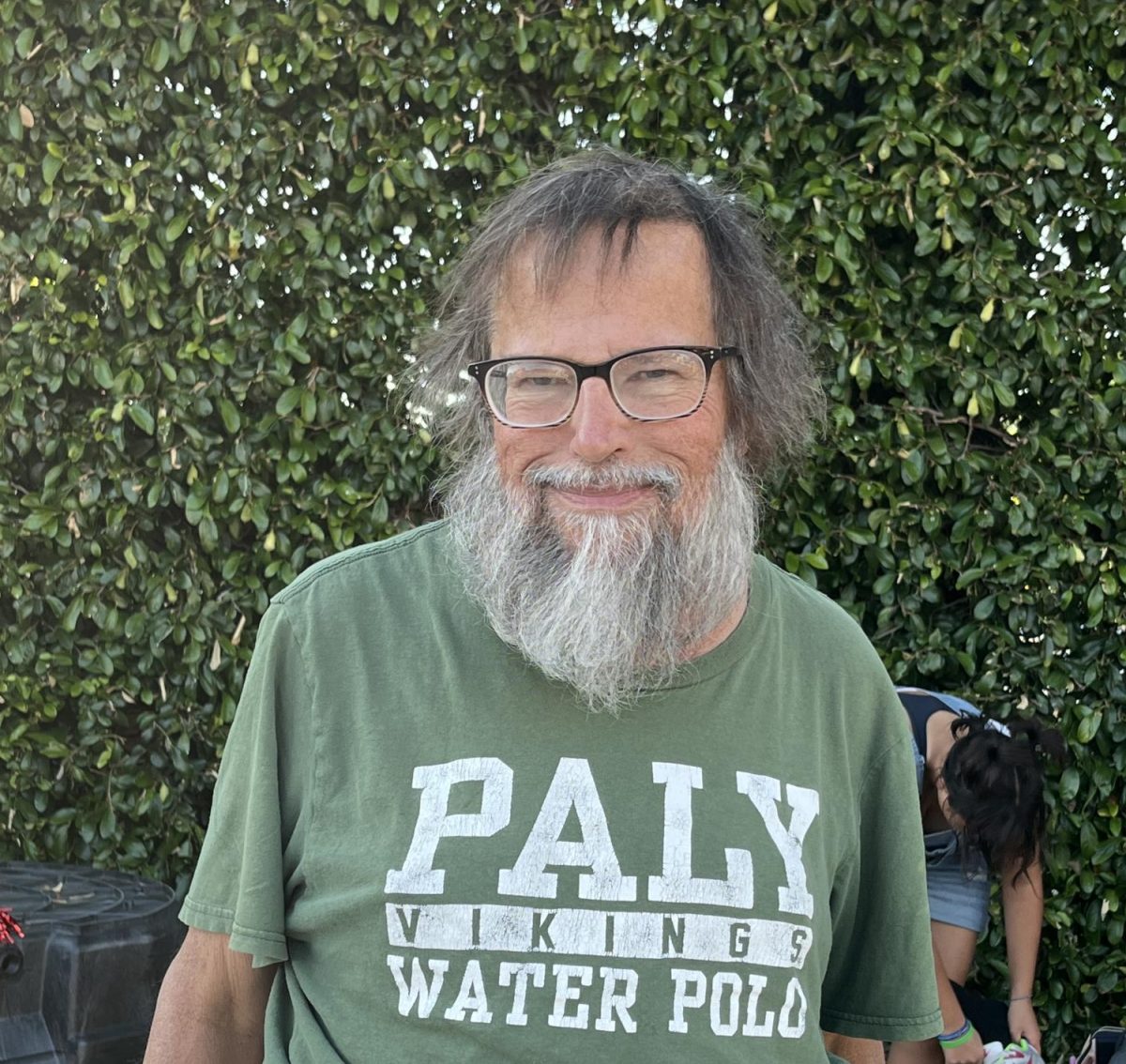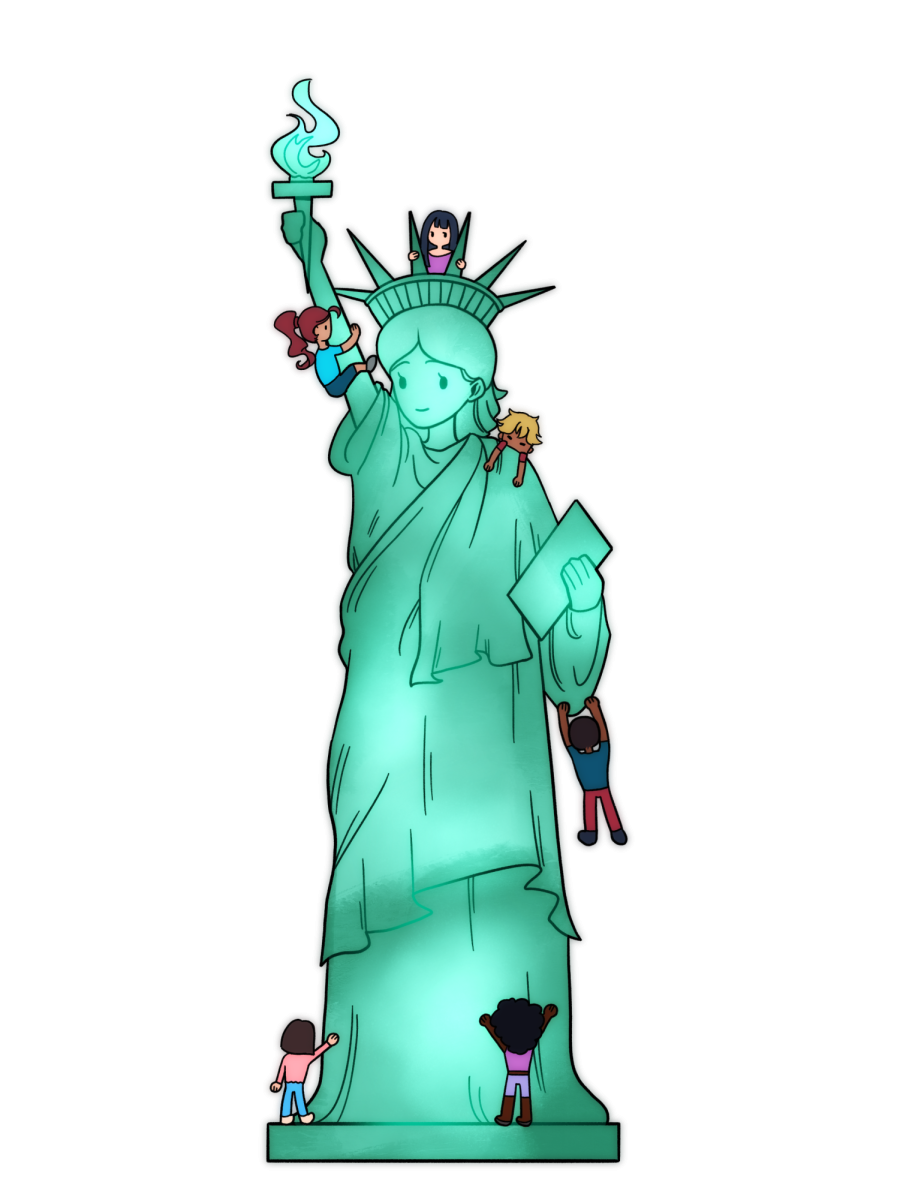The small screen is looking to have one of its best years ever in 2015 with the release of a large amount of high-quality original programming. Basic cable networks like AMC, larger subscription channels like Starz and HBO and streaming services such as Netflix and Amazon are all pushing ahead with film-quality shows. Established shows such as ‘The Walking Dead’ are being renewed, while newer series’ like ‘True Detective’ are also returning, and complete newcomers including ‘Daredevil’ and ‘Better Call Saul’ hope to build off the momentum of their associated acts. These shows are blurring the line between television and film, a movement that has been growing for years and one that is changing both the television and movie industries for good.
This level of film-quality television was unheard of until recent years. The premiere of ‘Twin Peaks’, a surreal murder mystery, released in 1990 was arguably the first true film-quality release to air on television. Directed by the eccentric filmmaker David Lynch, the show had a considerable amount of talent involved in its inception and kept up its dark and dreamlike tone even after Lynch’s departure. While the show only lasted two seasons before ending on a cliffhanger, its influence was undeniable as the first time a brand-name director brought his style to the small screen.
The high bar set by ‘Twin Peaks’ would not be reached again until the end of the decade when HBO received acclaim for its creation of the mob drama ‘The Sopranos’ and later for its examination of the Baltimore drug trade in ‘The Wire’. While the channel HBO is today synonymous with shows like ‘Game of Thrones’ and ‘True Detective’, when it first ventured into original television in the late 1990s, it revolutionized the industry. HBO not only pushed the boundaries of quality but also content. For the most part, TV had always been a step behind movies in terms of content because of the ability of even a child to tune into any channel at any time. While a rating system for television exists, the only way to control what a child watches is through blocking a channel completely. The threat of having their channel blocked from potential viewers made many channels hesitant release shows with profanity or violence. However, because HBO was a channel restricted to those who subscribed, it did not need to rely on its viewership numbers for ad revenue, and it was able to push the limits of content as it saw fit.
In 2002, HBO began to air ‘The Wire’, a police drama that completely changed the television crime series. ‘The Wire’ was revolutionary because of how realistically it portrayed its subject. Centering around the drug trade in Baltimore, the script for ‘The Wire’ was written by people familiar with both the trade and the police’s efforts, including police journalists, ex-officers, informants, criminals, vigilantes and addicts. The experience of the writing team, in tandem with HBO’s allowance of more mature content gave ‘The Wire’ the freedom to display the violence and harsh realities of the inner city without being neutered for the general public. In fact, ‘The Wire’ still holds the dubious record of highest frequency swearing with an average of 18.1 profane expressions for every 1,000 words spoken, even 13 years after its release.
The influence of ‘The Wire’ can be seen throughout television today, as shows like ‘Breaking Bad’ try to portray real-world issues with smart writing and realistic (if a bit over-the-top) portrayals of the effects of these problems. ‘Breaking Bad’, which followed the descent of a timid chemistry teacher into a power-hungry drug kingpin, had a slow start with viewers when it premiered but accolades from critics and its presence on streaming services led it to end its run with over 10 million viewers on the final episode. After the huge surge in popularity of ‘Breaking Bad, it seems that other channels are trying to emulate what made the show such a success.
Since ‘Breaking Bad’, there has been a resurgence of shows centered around anti-heros, most notably with the political drama ‘House of Cards’, which marked Netflix’s first foray into original programming. More importantly, however, is that other channels seem to realize that ‘Breaking Bad’ became popular through its great acting and writing, and these channels have begun focusing on quality over quantity. Now that more channels and streaming services are entering the market for original programming, each one has to work harder to find success. While it may seem like sheer luck that so many excellent shows are just now coming out, it is the competition between the shows that is driving up quality.
This new surge in both quality and quantity is also threatening Hollywood viewership. While Hollywood’s format of telling a story within two hours offers a different experience than watching a story unfold over multiple series, it appears that movies and television are moving closer towards each other in an attempt to win over viewers from the opposing camp. As movies have become progressively longer, new anthology-type shows like ‘True Detective’ attempt to present a different story in each new season instead of drawing out a single plotline. Now that these TV shows can truly rival film in terms of quality, it is unclear how both industries will coexist, but it is clear that quality will determine which will become dominant going forward. As drug kingpin Stringer Bell said in ‘The Wire’, “What do you do when you got an inferior product in an aggressive marketplace?”







